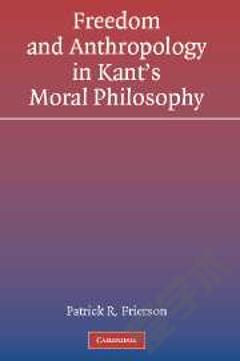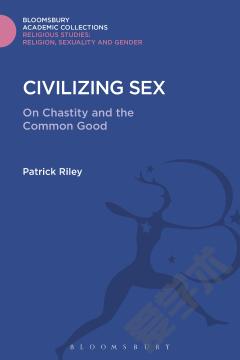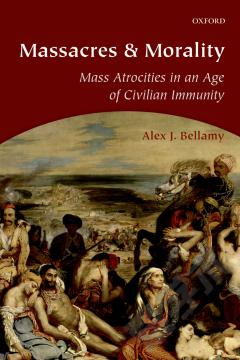Making Men Moral —— Civil Liberties and Public Morality
----- 使男人道德:公民自由与公共道德
Contemporary liberal thinkers commonly suppose that there is something in principle unjust about the legal prohibition of putatively victimless immoralities. Against the prevailing liberal view, Robert P. George defends the proposition that 'moral laws' can play a legitimate, if subsidiary, role in preserving the 'moral ecology' of the cultural environment in which people make the morally significant choices by which they form their characters and influence, for good or ill, the moral lives of others. George shows that a defence of morals legislation is fully compatible with a 'pluralistic perfectionist' political theory of civil liberties and public morality.
{{comment.content}}








 京公网安备 11010802027623号
京公网安备 11010802027623号